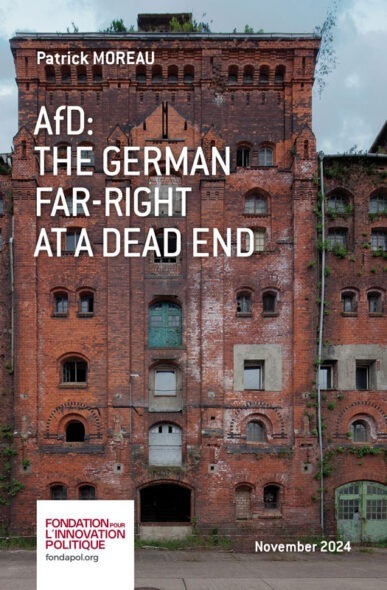Guaranteed Minimum Services, at Last?
We have missed an opportunity to guarantee a right to minimum services in the public sector, despite strong public support and political will. The debate over minimum service remains sensitive and continues to arouse trade unions’ outright hostility based on their desire to protect the right to strike.It is essential to reconsider the right to guaranteed minimum services from the public service given that neither a social alert system, nor a law imposed from above, have produced satisfactory solutions.
Despite the pressure exerted by a public who views itself more and more as “consumer-citizens,” and the commitments of public authorities, the history of minimum service shows it to have been a missed opportunity.
In the prevailing laws, two mutually exclusive provisions co-exist: the right to strike and the principle of public service continuity—both endowed with a similar legal value. This situation and legislative oversight are unique to France, in comparison to its neighbouring European countries, in which there is a general minimum service regime, highly restrictive conditions governing the right to strike (United Kingdom), or a pure and simple prohibition for civil servants to initiate a strike (Germany).
The failure of the French government’s last attempt, in the form of the Mandelkern Report submitted in 2004, can be explained by the combination of two highly reserved provisions, namely the preference for the negotiation over arbitration (dialogue before conflicts arise) and predictability of firm service (after they arise).
If the trade union’s radical hostility cannot be surmounted, nor French citizen’s mistrust of the law assuaged, we ought affirm the continuity principle by including it in the wording of the constitution. Only this prerequisite can make it possible to defuse objections and to move on to the legislative phase.













No comments.